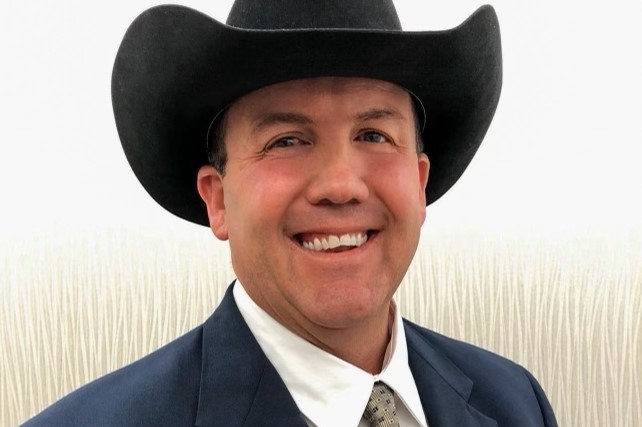These efforts have paid off. For the past 10 years, Tom has used georeferenced soil sampling, allowing him to track changes in soil organic matter, macro- and micro-nutrients, and other soil characteristics resulting from his intensification of regenerative practices. This year, in the biggest drought since 1893, his crops lasted over a week longer than nearby crops before showing drought stress and better maintained yields despite the historic weather event. Along with the improved yield stability, Tom’s climate positive practices have enabled him to reduce operating costs, increase crop diversity, while continuing to improve the soil organic matter, water holding capacity, and health of the soil. Because of these practices, he has increased the size of his operation while maintaining the same overhead costs.
Tom advocates for this climate positive approach by educating thousands of growers, agronomists, and advisors throughout the Midwest. His networking, public speaking, and one-on-one mentoring of other farmers has enabled him to expand climate positive practices on hundreds of thousands of acres of farmland. Tom’s extensive engagement with local FFA chapters and agronomy classes at Oklahoma State University is influencing future farmers to adopt climate positive practices on thousands more acres when they get the opportunity to farm.
 “Our approach is intensely guided by a sense of Christian responsibility to the past and future and understanding of carbon and water cycles. With a strong understanding of the relationship between soils, plants, and animals, we seek to mimic nature’s natural risk management through diversity while stewarding the land and animals to leave a legacy for future generations to follow.”
“Our approach is intensely guided by a sense of Christian responsibility to the past and future and understanding of carbon and water cycles. With a strong understanding of the relationship between soils, plants, and animals, we seek to mimic nature’s natural risk management through diversity while stewarding the land and animals to leave a legacy for future generations to follow.”